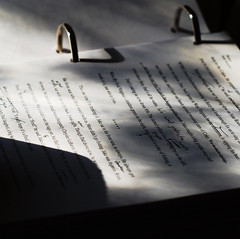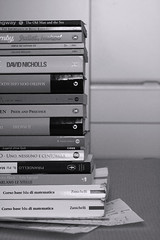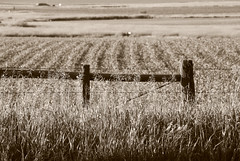The International Institute for Holocaust Research at Yad Vashem is pleased to announce the establishment of the Yad Vashem Book Prize for Holocaust Research in recognition of high scholarly research and writing on the Holocaust and invites submissions for consideration. This prize is endowed through the generosity of Sabina Schwartzbaum in memory of her father, Meir Schwartzbaum, whose family was murdered in the Holocaust.
Only books containing new research on the Holocaust, or its antecedents and aftermath, will be considered. Research accuracy, scholarship, methodology, originality, importance of the research topic, and literary merit are important factors.
Books, either hardcover or original paperback, published between 1 January 2009 and 31 December 2010 are eligible for the prize. The prize recipient will be announced in October 2011.
In addition to the monetary prize, the recipients will be asked to present a paper at the award ceremony in December 2011.
The value of each prize is $8,000.
Entry applications must include the following:
- Three copies of each book submitted (entries will not be returned)
- A completed entry form (in Hebrew, English, German, or French);
- A copy of the author’s Curriculum Vitae (in Hebrew, English, German, or French)
- Two recommendation letters (in Hebrew, English, German, or French) from reputable academics who are familiar with the book’s specific topic
Books submitted must be in the original published language. Translations are not eligible.
Books not published in either Hebrew, English, German, or French must include a 500-word abstract and a translation of the table of contents into one of the four above mentioned languages.
Entries must be received by 1 May 2011.
For questions or concerns, please contact the office of the International Institute for Holocaust Research at 972-2-6443-480 or eliot.nidam@yadvashem.org.il.
Mail submissions to:
Eliot Nidam Orvieto The International Institute for Holocaust Research Yad Vashem P.O. Box 3477 (Mount of Remembrance) Jerusalem 91034 Israel
[Photo: Werner Kunz (werkunz1)]











